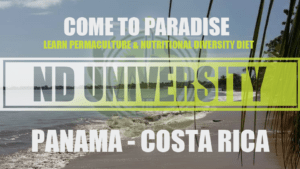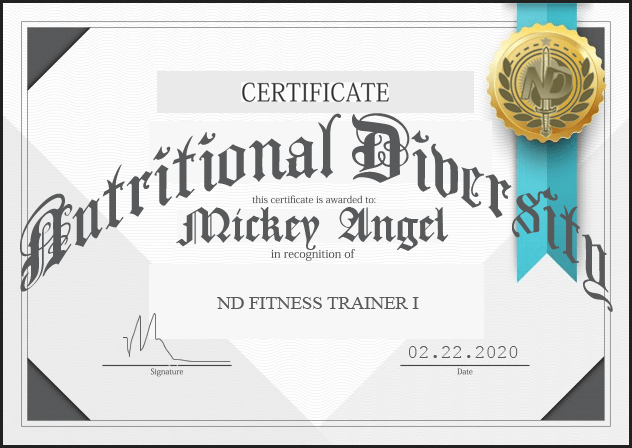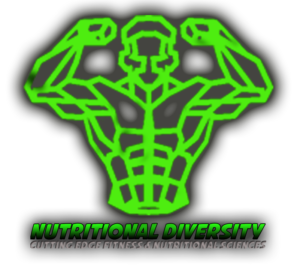Abstract
NUTRITIONAL DIVERSITY DIET DEMAND
ENGLISH I have been beating the drum now for about 6 years on the importance of the solve-all ‘Nutritional Diversity Diet’ including climate change conversation, food crisis, health crisis, economic disaster, universal sustainability, freedom, and quality of life/ athletic performance enhancement that came to me on an unbelievable fight with a plague that consumes so…
-
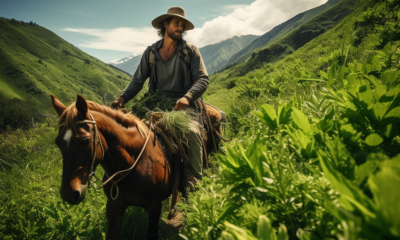
 Agriculture2 years ago
Agriculture2 years agoWhy Small Alternative Tropical Agriculture is the Best Investment Today
-

 Special Elements6 years ago
Special Elements6 years agoBest Garlic Vine Rankings, Benefits, Side Effects & Experience
-

 Special Elements3 years ago
Special Elements3 years agoBest Pre-Workout Supplement Rankings, Benefits, Side Effects & Experience
-
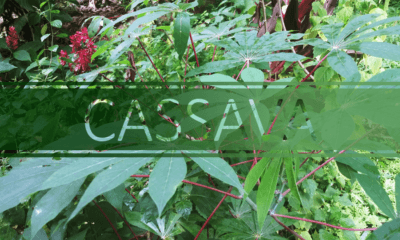
 Special Elements3 years ago
Special Elements3 years agoBest Cassava Manioc, Rankings, Benefits, Cancer Cure & Experience
-
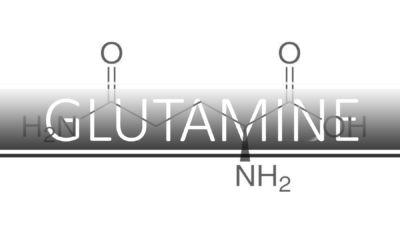
 Special Elements4 years ago
Special Elements4 years agoBest Glutamine Rankings, Benefits, Side Effects & Experience
-
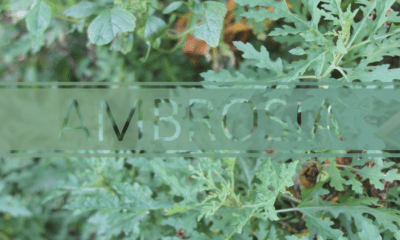
 Special Elements5 years ago
Special Elements5 years agoBest Ambrosia, Wormwood Rankings, Benefits, Side Effects & Experience
-
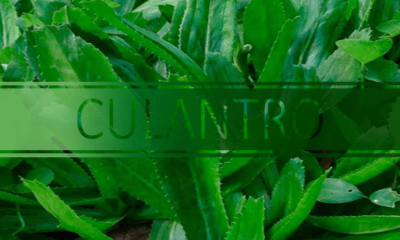
 Special Elements6 years ago
Special Elements6 years agoBest Culantro Rankings, Benefits, Side Effects & Experience
-
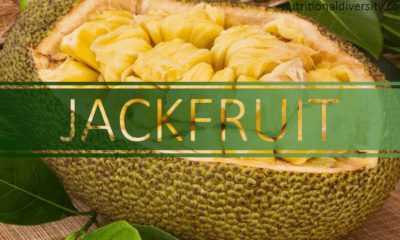
 Special Elements6 years ago
Special Elements6 years agoBest Jackfruit Rankings, Benefits, Side Effects & Experience


